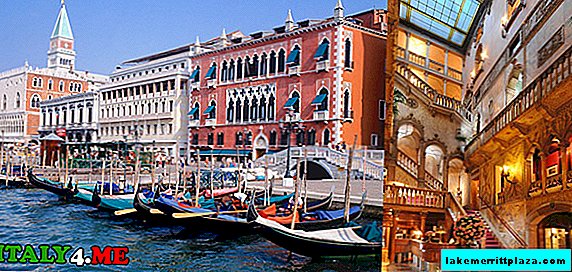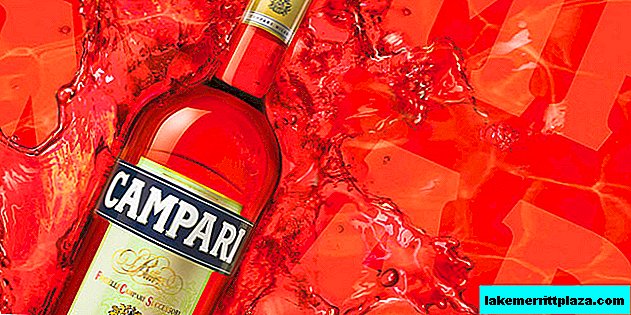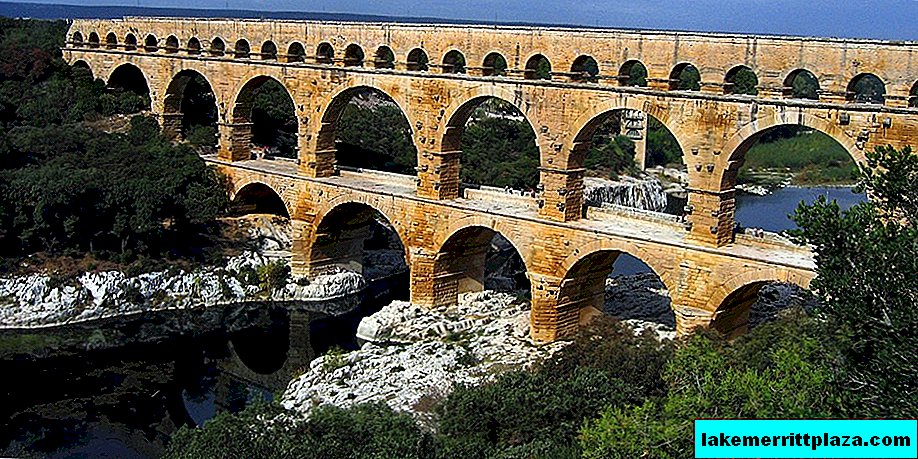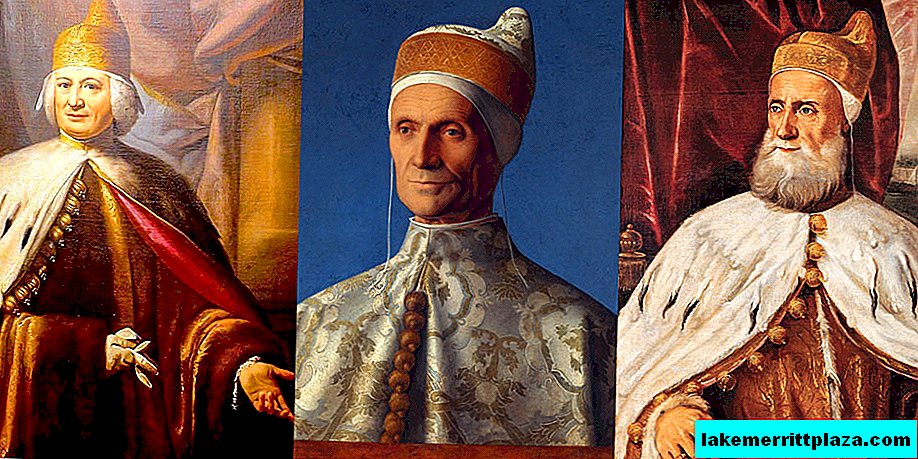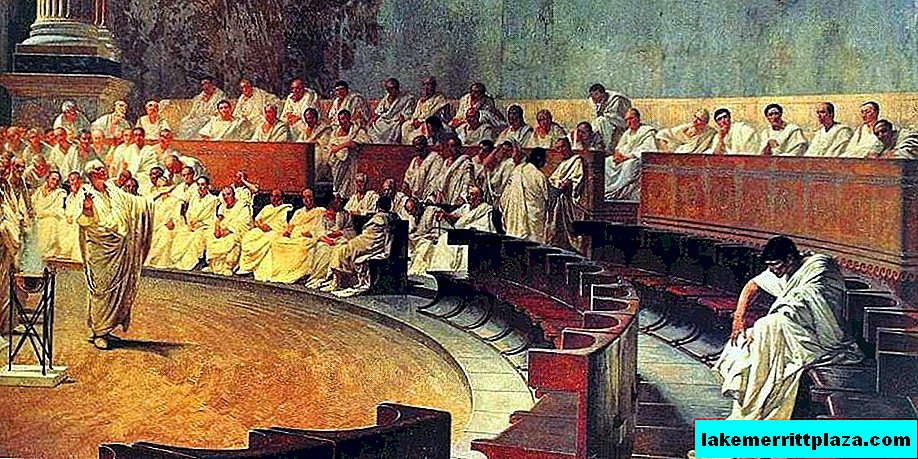Spreewald is a protected area in the state of Brandenburg. The unique river reserve is called "German Venice". The main goal of travelers is Lede village.

Spreewald - "German Venice", photo by Alex
Spreewald's Location
Spreewald is a protected area in the state of Brandenburg. This beautiful region is located 100 km southeast of the capital of Germany. On the territory of Upper Sprerwald, the Spree River is divided into many large and small branches, joins near the city of Lübben and again splits into branches and channels in Lower Spreewald. The unique river reserve is called "German Venice".
Sprerwald Indigenous
The indigenous people of Sprerwald are Slavs, Lusatian Serbs. For centuries, the Serbian people have been living here next to the Germans, but they have preserved their traditions and their native language, Luga. Serbian settlements have not lost their identity. Sorbs (as the Germans call them) wear colored folk costumes, know old crafts, paint ceramics, and brightly decorate their homes.
Traveling on Spreewald is convenient in Venetian style - on a gondola. Of course, not classic gondolas, but punts, kayaks go along river channels. The boats are called Kahn, and the "gondoliers" are called kahnfahrer.
Lede Village

Residents of Lede Village, photo by Michael Pulla
Boats move slowly along the canals, passing under chopped bridges, past houses, lawns and fabulous flower beds. The main goal of travelers is the village of Lehde. One and a half hundred inhabitants live in it, connected with the "mainland" only by boat communication.

Lede Village, photo Photodendron
Lede village, with its neat houses, woodpots, flowerpots and fish gardens, is considered an open-air museum. In a hospitable settlement, everything is thought out to receive tourists: there are guesthouses, pubs, bars, taverns, craft shops. There is a small park on a separate island.
Lubben

Lübben (Jackson Bates)
One of the large and significant settlements of Spreewald is Lübben. This town, in which 14 thousand people now live, has existed since 1150. Fragments of a medieval wall with towers have been preserved in its historical center. On the main square Marktplatz go elegant facades of half-timbered buildings, restaurants, shops. Lübben has its own city castle museum.
Lubbenau

Lübbenau (Lübbenau), photo by Johan Koolwaaij
The informal capital of Spreewald is Lübbenau. In this city, many half-timbered buildings are also preserved. The main decoration of the town is Lübbenau Castle, a neoclassical "palace on the water." Today it has the largest hotel in the city. Lubbenau is always full of tourists. From here, from the river pier, boat trips begin; here you can reserve places in a hotel, campsite, boarding house or settle in a private apartment.
Cottbus

Schloss Branitz, photo by Ronile35
The city of Cottbus is located in the south of Spreewald. The industrial center of the times of the GDR in the 21st century turned into a "city of contrasts." Here, spectacular modern buildings coexist with half-timbered houses, museums and ancient castles. In the south of the city stands the baroque Branitz castle with a beautiful architectural park - the former residence of Prince Pückler-Muskau.
Spreewald Cucumbers

Spreewald cucumbers. photo Michael Pulla
What you need to do in Speerwald? Try the cucumbers! The local brand - Spreewald pickles - is also associated with the Serbs. According to their old recipes, delicious canned food was prepared at the vegetable enterprises of the former GDR. And now the Spreewald cucumbers remain unsurpassed. They are sold in local shops and served in restaurants; on cucumber topics they make souvenirs and organize seminars. Crispy vegetable is dedicated to the Spreewald "Pickled Cucumber Festival".
How do I save on hotels?
Everything is very simple - look not only at the booking. I prefer the search engine RoomGuru. He is looking for discounts at the same time on Booking and on 70 other booking sites.


